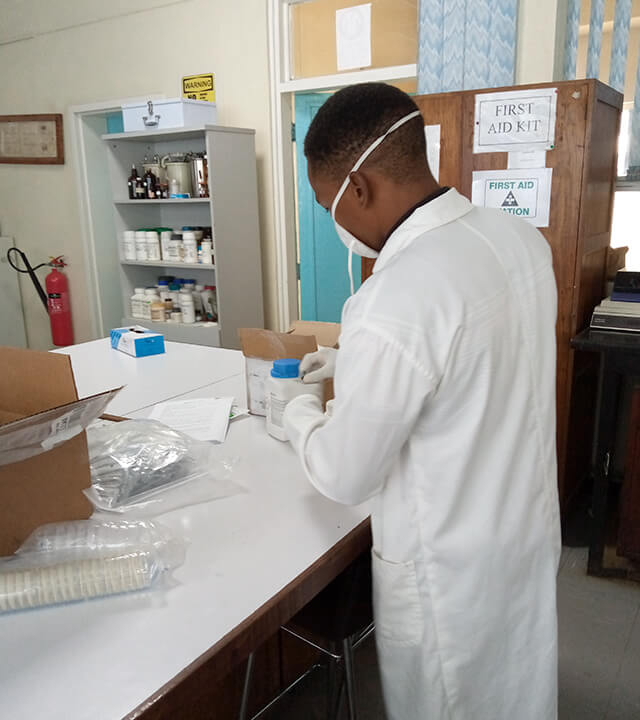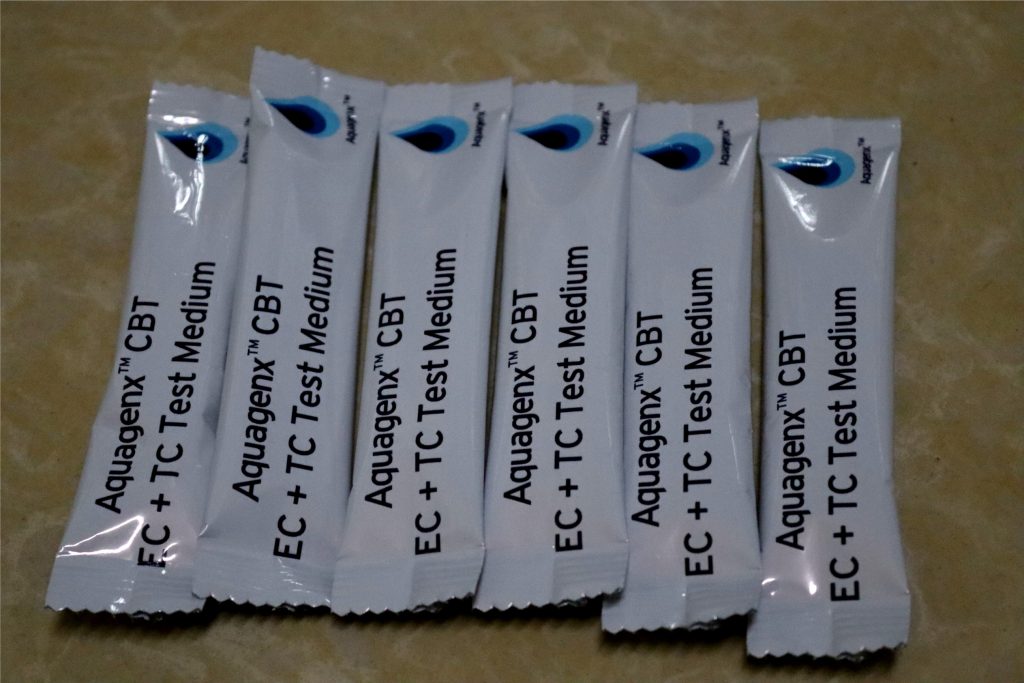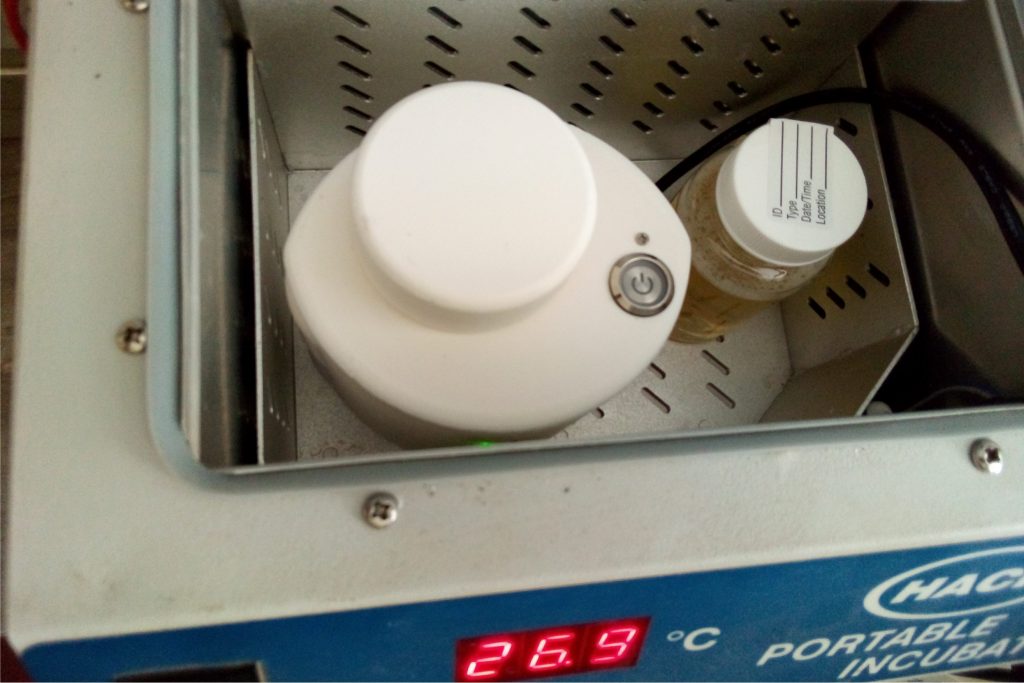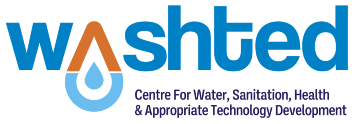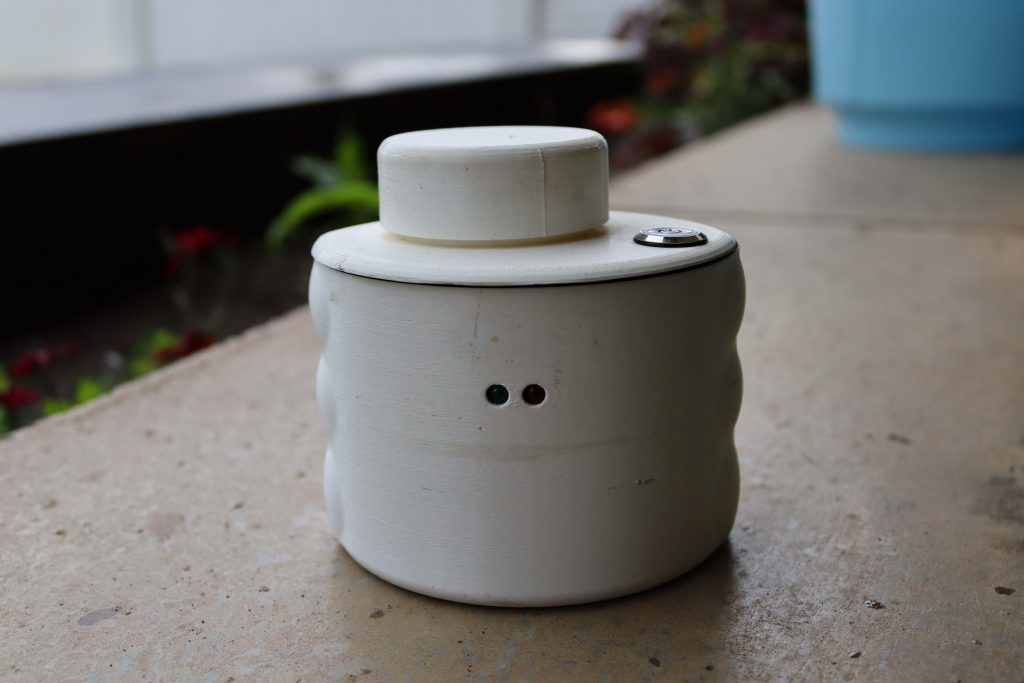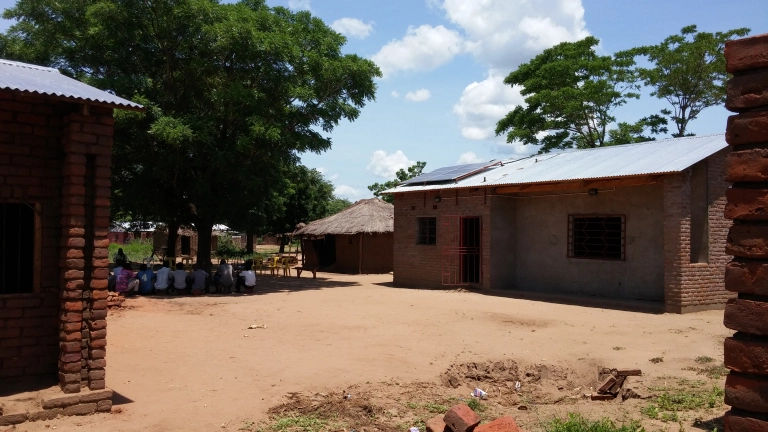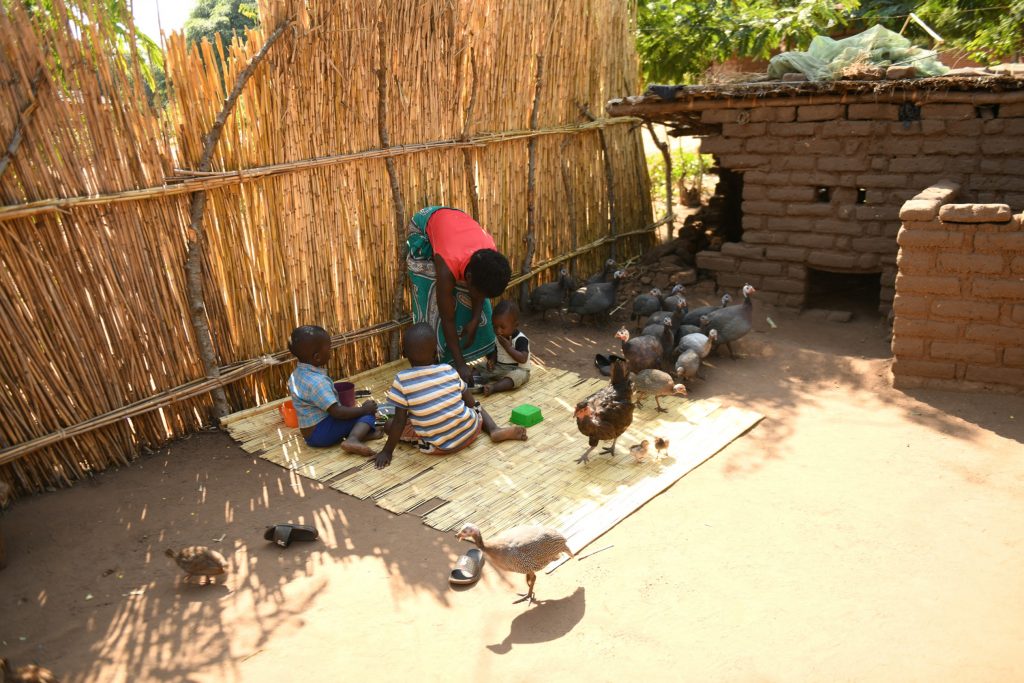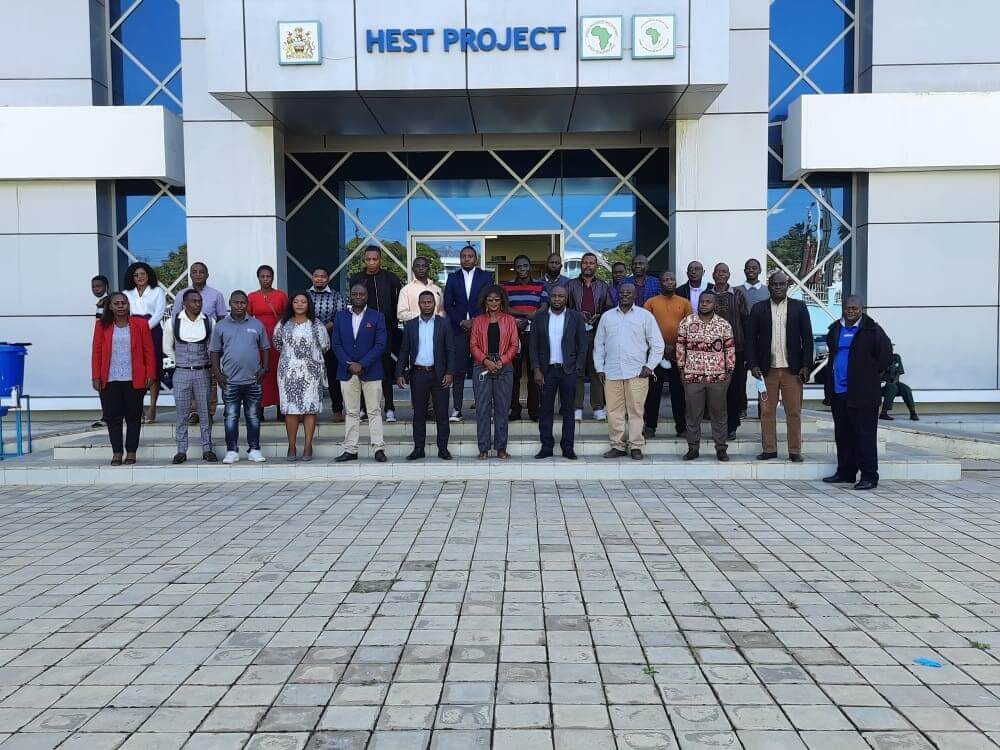Studies have shown that not all water sources classified as “improved” produce water that is free from faecal contamination, the case is worse for unimproved sources. To ascertain that water is safe, tests need to be done. Water quality tests that are easy that are faster, to use and cheap are being advocated for worldwide.
Ulster University, UK, (under the Safewater translate project) developed an Internet Over Things (IoT) water quality testing device that is simple to use, effectively autonomous, can detect the presence of indicator organisms (E. coli) and communicate the results via mobile signal. The project aimed to investigate the performance of the device in a field set up and compare the results to standard methods for E. coli enumeration. It also aimed to investigate different path ways to commercialization of the technology including social economy and for-profit approaches. In Malawi, the device was piloted in Thyolo and Mulanje and the study ran from March 2020 to March 2022. Results of the study are still under analysis.
To read more about the SafeWater Translate project follow this link.
The project received funding from Engineering and Physical Sciences Research Council (EPSRC).
Total funding £836,675.00
Safewater translate pictures
